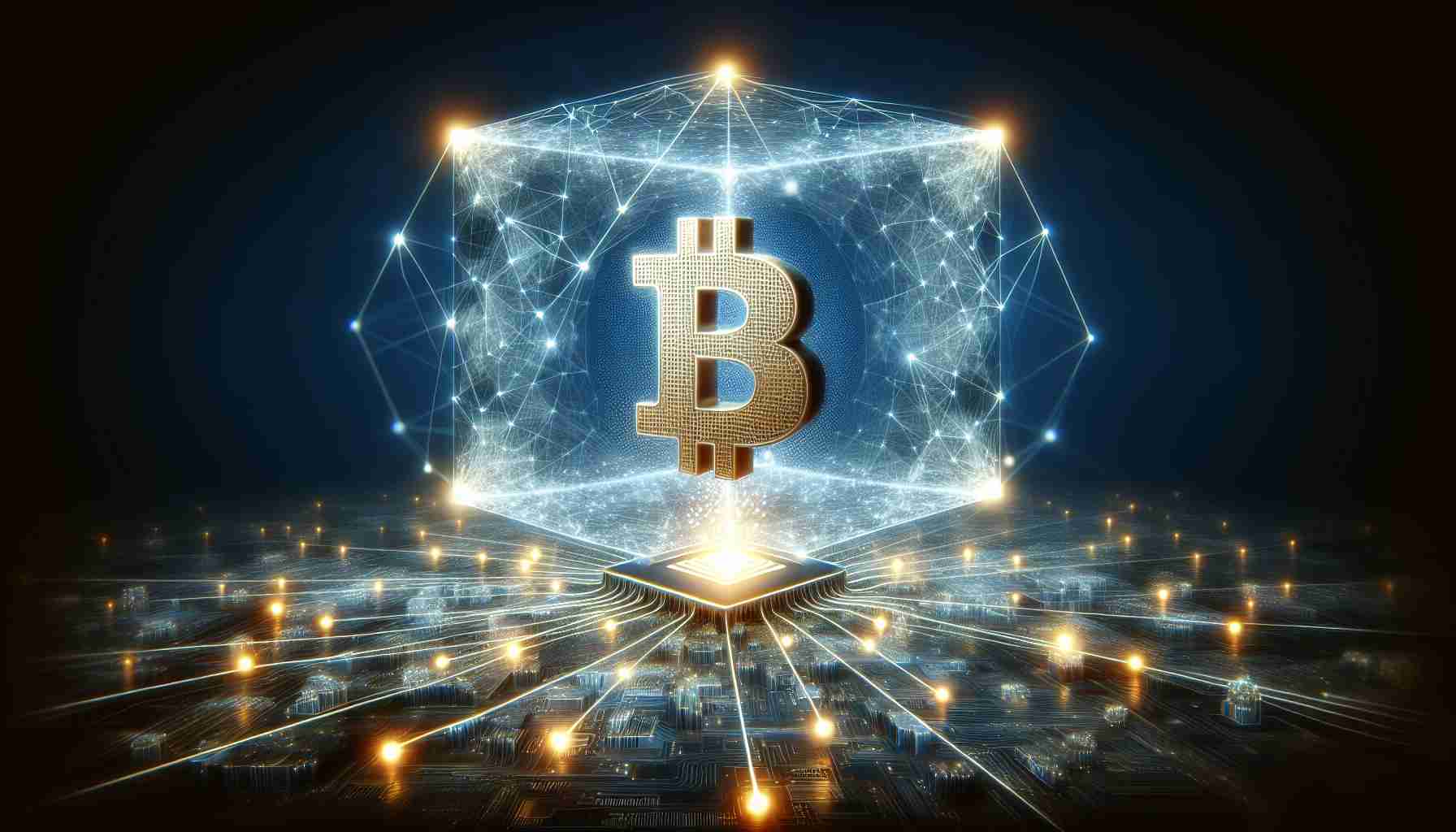The world of cryptocurrency is filled with intriguing concepts, and one of the most fascinating is the process by which new bitcoins are created, commonly referred to as “mining.” But how exactly does this process work?
The creation of bitcoins is a computer-intensive process that involves solving complex mathematical problems. When Bitcoin was introduced in 2009 by the mysterious Satoshi Nakamoto, it came with a predetermined set of rules. One of these rules states that new bitcoins are generated through a decentralized process called mining. In a nutshell, mining involves using powerful computers to solve cryptographic puzzles, which validate the integrity of transactions on the Bitcoin network.
The Bitcoin protocol ensures that each new block of transactions is added to the blockchain approximately every 10 minutes. Miners compete to solve these mathematical problems, and the first to successfully solve a problem gets to add the block to the blockchain. As a reward for their efforts and resource expenditure, the miner is awarded a certain number of bitcoins. This is how new bitcoins enter circulation. Currently, the reward is set at 6.25 bitcoins per block, but this number is halved approximately every four years in an event known as a “halving.”
It’s crucial to understand that mining requires a tremendous amount of computational power and energy. As more bitcoins are mined, the difficulty of these mathematical problems increases, ensuring a steady rate of issuance of new bitcoins until the maximum cap of 21 million is reached. This design ensures that Bitcoin remains valuable and scarce. So, while bitcoins might seem like they are created out of thin air, the truth is, they are generated through a deliberate and intricate process.
The Bitcoin Mining Process: Impact on Society, Economy, and the Environment
The advent of Bitcoin mining has introduced a new digital gold rush, profoundly affecting individuals, communities, and even countries. But what are the implications of this revolutionary process, and how do they shape our world today?
Understanding Bitcoin’s Environmental Impact
The energy-intensive nature of Bitcoin mining has sparked significant controversy. Mining operations often rely on fossil fuels, contributing to carbon emissions and environmental degradation. Miners in countries with cheap electricity, often from coal, can profitably engage in mining, exacerbating environmental concerns. This has led to heated debates about the sustainability of cryptocurrencies and calls for greener mining practices.
Economic Opportunities and Challenges
Bitcoin mining has created economic booms in certain areas, offering jobs and drawing investment. Regions like China’s Sichuan province and parts of Iceland have become mining hubs due to their low energy costs. However, this economic infusion isn’t without challenges. Local grids sometimes struggle to meet increased demand, leading to infrastructure stress and potential energy shortages for residents.
Social and Political Implications
On a broader scale, Bitcoin mining has geopolitical ramifications. Countries seeking to boost technological advancements and economic gains might subsidize mining, while others impose stringent regulations to curb its environmental impact. Furthermore, mining centralization is a concern; a few large players dominate the industry, which contradicts Bitcoin’s decentralized ethos.
Questions About Bitcoin Production
How exactly are bitcoins generated, and can it ever be sustainable? As technology advances, innovations in energy-efficient mining could alleviate environmental pressures. Will regulatory frameworks balance the benefits against ecological and social challenges?
For more insights on cryptocurrencies, visit Blockchain and CoinMarketCap.
















